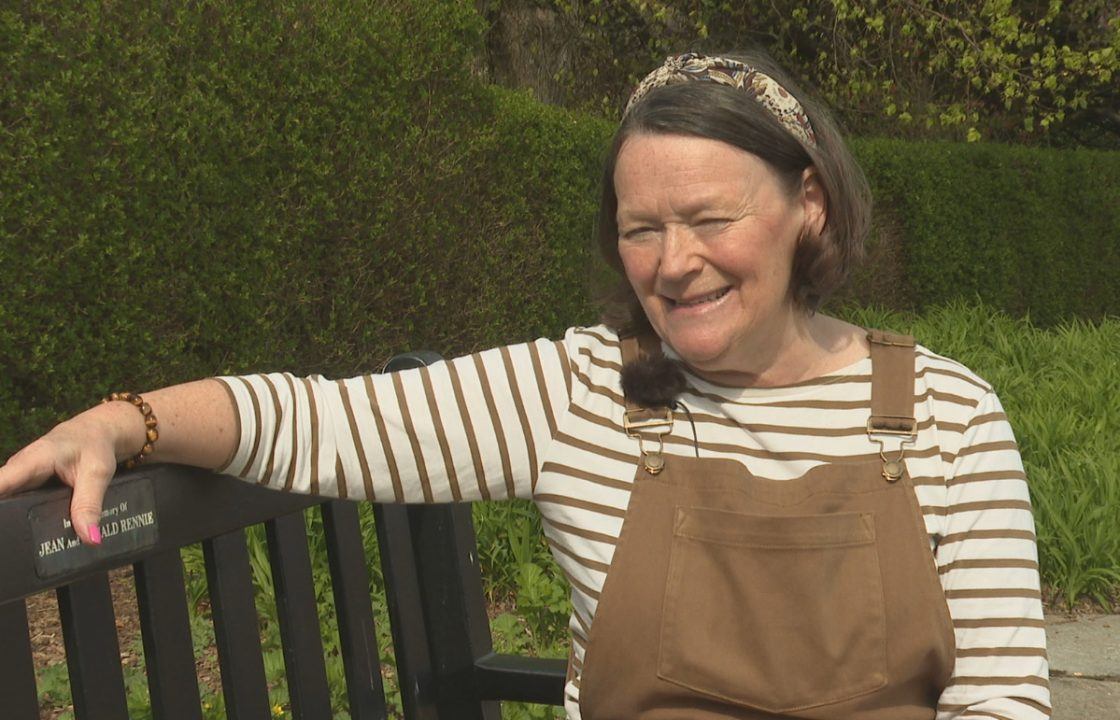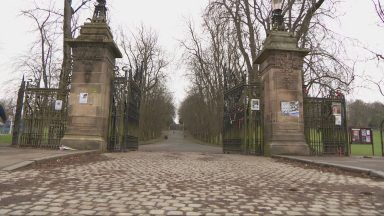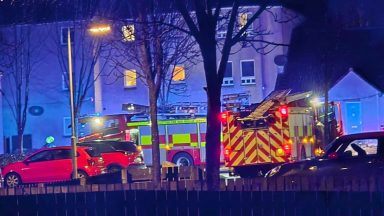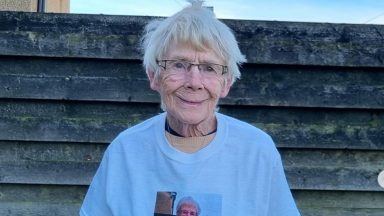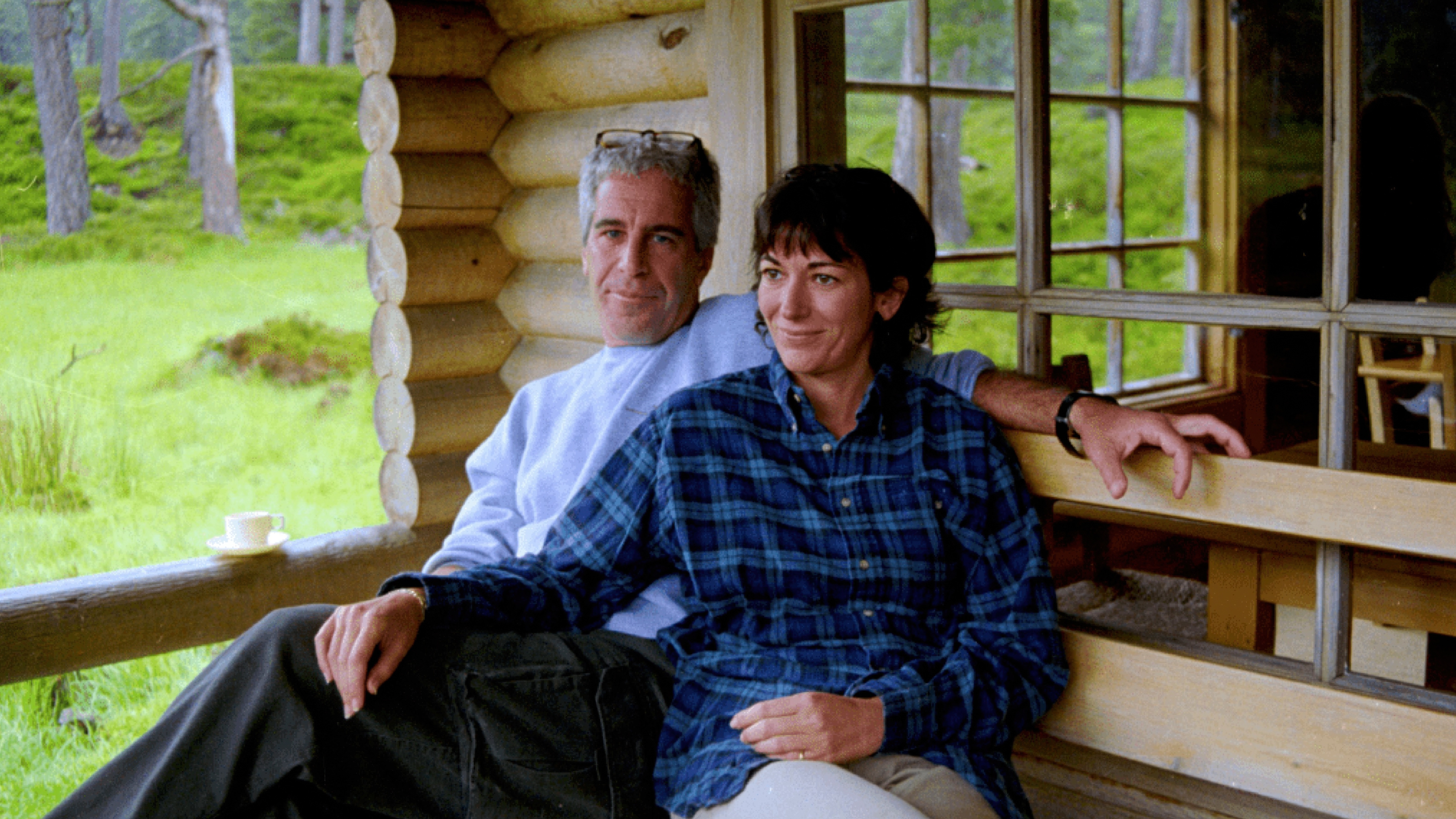It was one of the biggest outbreaks of its kind in recent history and created a media frenzy around the world.
The first cases of typhoid were confirmed in Aberdeen 60 years ago, with the infection eventually being traced to a single tin of corned beef.
It still evokes vivid memories for those who lived through the epidemic, including Sandra Duthie and Lynda Langlands, who were young girls in May 1964.
Sandra told STV News: “My mummy was gone.
“I remember her being unwell and the ambulance arriving for her and going into the ambulance, and my sister and I – and dad – watching the ambulance go down to the end of the road.
“I don’t know if our lives were ever the same again.”
Lynda added: “My brother and I were both ill. I remember the really sore heads and fever.”
A typhoid outbreak spread like wildfire through the Granite City and local hospitals were overrun with patients.
The fear of was so great that those being treated were denied visitors, who resorted to communicating with them through windows.
Sandra fell ill not long after her mother – she and Lynda were among those quarantined in hospital for weeks.
Sandra said: “It was the isolation I think that was worst and the time went on for ever. It was just difficult, it was easier when everybody went away.”
Lynda also recalls it being a traumatic time.
She said: “I was eight and my brother was six so at least we had each other there, but it was still traumatic at that age. My mum and dad would come to the window.
“People were scared of coming to Aberdeen, including all our close friends and family. The advice was ‘don’t come into the city, stay out’. We didn’t have a lot of family come to visit.
As schools closed and a public health campaign got under way, the crisis made news around the world
The fear of catching typhoid had crippled the local economy and turned Aberdeen into a no-go zone.
Every day, the city’s medical officer Dr Ian MacQueen updated the media.
No one died as a direct result of the fever, which infected more than 500 people. By July the worst was over.
But 60 years on, Sandra and Lynda’s memories of the crisis remain indelible.
Follow STV News on WhatsApp
Scan the QR code on your mobile device for all the latest news from around the country


